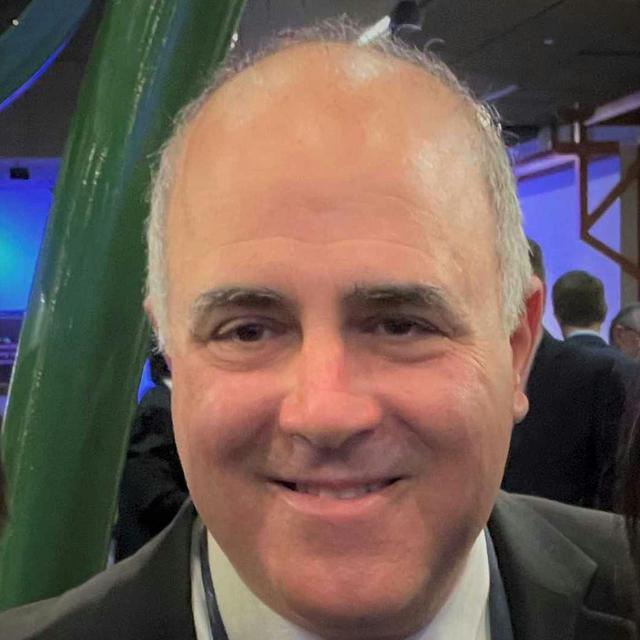
Ep. 330 Early Days and Evolution of the TIPS Procedure with Dr. Richard Saxon
Jun 09, 2023•1 hr 6 min
Episode description
In this episode, guest host Dr. Isabel Newton interviews Dr. Richard Saxon about his innovative approach of using stent grafts for transjugular intrahepatic portosystemic shunting (TIPS), the creation of the Viatorr endoprosthesis, and medical ethics of experimental technology.
---
CHECK OUT OUR SPONSORS
Philips Image Guided Therapy Devices Academy
https://resource.philipseliiteacademy.com
Boston Scientific Nextlab
https://www.bostonscientific.com/en-US/nextlab.html?utm_source=oth_site&utm_medium=native&utm_campaign=pi-at-us-nextlab-hci&utm_content=n-backtable-n-backtable_site_nextlab_1_2023&cid=n10013202
---
SHOW NOTES
As an IR fellow, Dr. Saxon was surrounded by constant innovation at the Dotter Institute. He saw the takeoff of TIPS as a last treatment option for patients with liver failure, who were suffering from major variceal bleeding. He recounts the early days of TIPS as extremely technically challenging and arduous, since the methods and devices had not yet been refined. Dr. Saxon spent a significant amount of time performing TIPS revision procedures, which led him to explore the underlying pathology of biliary duct injury and subsequent stent thrombosis. These experiences led him to develop a stent graft for TIPS, which was first tested in swine models and eventually became the Viatorr endoprosthesis. Dr. Saxon highlights the supportive people and environment at the Dotter Institute as a major factor in fueling TIPS improvement. Additionally, during this era, innovative ideas were able to flourish with less influence of medical-legal or intellectual property disputes.
In today’s clinical setting, TIPS has become a good option for patients with intractable variceal bleeding, but it is no longer the only option. Dr. Newton emphasizes that patient selection is a crucial part of ensuring that IRs continue to practice safely and effectively. The doctors discuss hepatic encephalopathy, another complication of TIPS that requires careful patient screening, adequate follow up, and collaboration with the medicine side of liver disease treatment.
Finally, Dr. Saxon reflects on his career in translational research. A large part of his success has come from recognizing where his passions lie, what his current work environment can support, and maintaining a constant drive to improve procedures and clinical care.
---
RESOURCES
Gore Viatorr TIPS Endoprosthesis:
https://www.goremedical.com/products/viatorr/resource-library
Stent-Grafts for Revision of TIPS Stenoses and Occlusions: A Clinical Pilot Study:
https://www.jvir.org/article/S1051-0443(97)70606-7/fulltext
Barry Uchida on the BackTable Podcast:
https://www.backtable.com/shows/vi/podcasts/122/history-of-the-tips-procedure-an-interview-with-barry-uchida
For the best experience, listen in Metacast app for iOS or Android
Open in Metacast